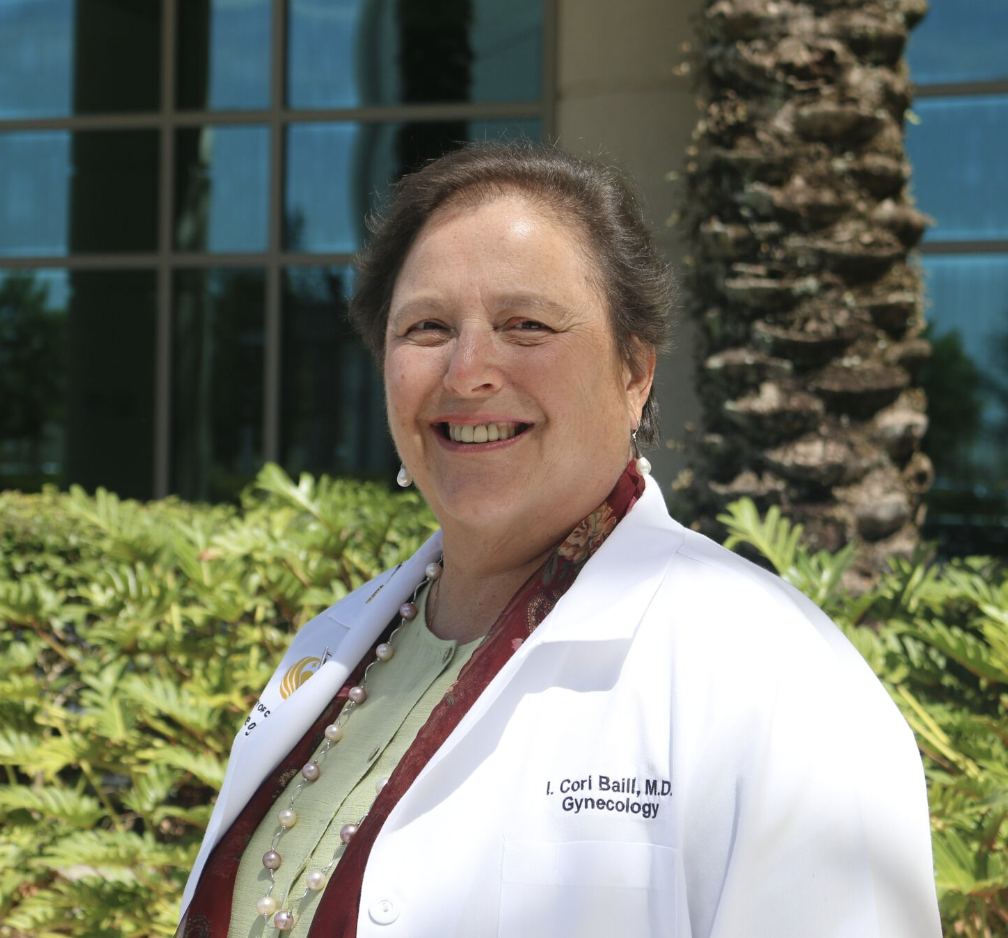Writing Late reminded me how impactful are the firsts of medical education; the first time one works with a cadaver, is coached through the delivery of a baby, or finds oneself running the code. Late draws from my internship on the GYN oncology service, entrusted to manage patients at the end of their lives.
At the other end of those decades, I now find myself thinking about the impact I have as an attending. I am an OB/GYN in Florida, a former medical director of Planned Parenthood, and recently I avidly campaigned for the failed amendment to limit government interference with abortion. I practiced through the arc of the Dobbs decision, a cruel 15-week abortion ban followed by a crueler six-week ban, and the passage of myriad TRAP laws (Targeted Restriction of Abortion Providers). In Florida abortion restrictions occur in the backdrop of targeting gay and trans communities tax dollars allocated in the multi millions for unregulated fake pregnancy centers and banned library books in record breaking numbers. AP psychology is no longer taught in our public high schools. DEI programs are forced underground. Universities are under siege and health care desserts are expanding.
Medical students recently asked me to a round table discussion of “What Now?” Looking at the leadership of Black Lives in White Coats, the Reproductive Health Club, and the Bioethics interest group, I found that a very difficult question to answer.
Before the bans, decisions to continue or terminate a pregnancy were made by a woman in consultation with her family and physician. She had weeks to consider what might be best, what could or wouldn’t work. Now all efforts are focused on how to most quickly navigate the hurtles to a legal termination. Since Roe v. Wade was overturned, abortion numbers have increased in the United States. The only zip codes showing a decrease are the most economically challenged. Overall maternal mortality has increased, especially among disadvantaged communities and among brown and black women.
I say, “Abortion is Healthcare.” I remind them not a single major medical organization supports the abortion bans that over half of women in the US live under and half of OB/GYNs must train under. I say, “Keep up your energy. Keep up the fight. Be visible.”
I do not tell them that I am deeply discouraged. I don’t say how broken I feel. I don’t say it breaks my heart again and again that a self-serving majority have the upper hand, a hand is firmly around their necks. I am old enough to remember pre-Roe v Wade, when women died from illegal abortions, from hemorrhage, and from sepsis. We are seeing it again. In Florida and other restrictive states even when it is medically indicated to empty a uterus, the procedure is so fraught with uncertainty on the part of hospital staff and physicians, that women have died waiting for an administrative decision despite clear medical indications.
Writing has long been a refuge, an escape and sometimes an antidote to the trials and strains of the medical profession. Teaching and reading are balms. A soul can be fed by poetry and dreams.
Though I no longer remember the exact prompt for Late, it recalls the same mood I felt when I encountered “Inside Looking Out,” a beautiful triptych watercolor (Fall 2023 Intima) by Joanne Philip, a junior doctor working in a private hospital in India depicting a young doctor framed in a hospital window looking out at us as we look in.
Take time to read and reflect and look out at the world.
I. Cori Baill, MD
I. Cori Baill, MD is a board-certified OB/GYN and a Professor of Medicine at The University of Central Florida College of Medicine (UCF COM). She is the author of a children's picture book—"Why is Mommy Crying?”—explaining early pregnancy loss to young children. Baill is enrolled in Columbia University's program for the Certificate of Professional Achievement in Narrative Medicine, and it is her goal to further incorporate narrative medicine into faculty and student activities at UCF COM. Her interests include menopausal medicine, nontraditional student education, and limiting government interference in reproductive healthcare. Her essay, “Late,” appeared in the Fall 2024 Intima.

